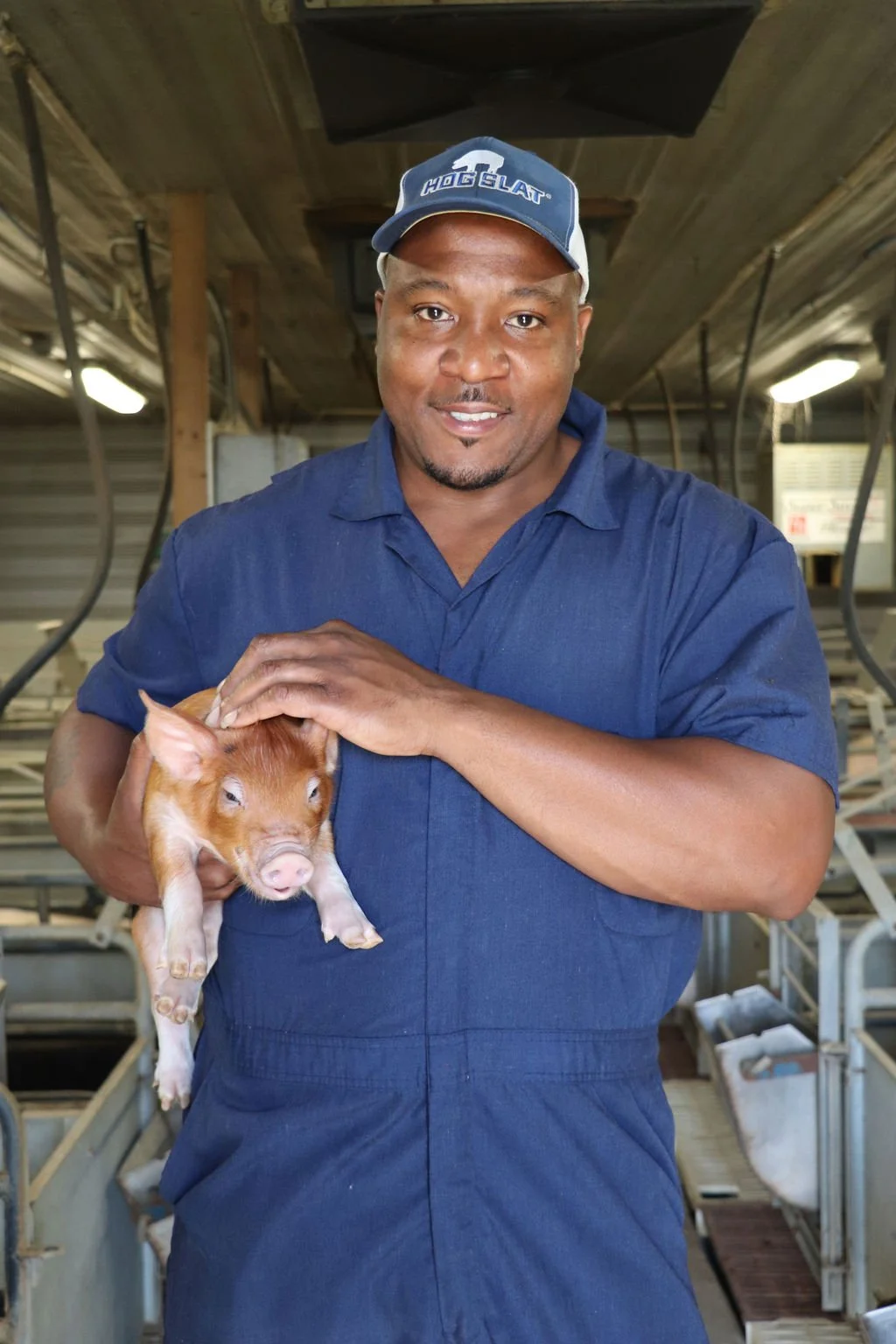
Latest happenings:
Pork Leadership Carolina applications now open until Dec. 31, 2025
Save the date for Annual Conference, Bacon Bash, Annual Meeting & Awards Lunch Wed. Feb. 25 - Thurs. Feb. 26
Upcoming events.
You can find NC Pork Council at various events throughout the year. Some are specifically for our members and producers, but there are lots of educational events for the general public. Of course, there’s plenty of pork and barbecue along the way. Join us!
Our Mission
Our Mission is to Promote & Educate to Ensure a Socially Responsible & Profitable NC Pork Industry
Mix up your family dinners with our pork recipes that are both delicious and good for the body.


















